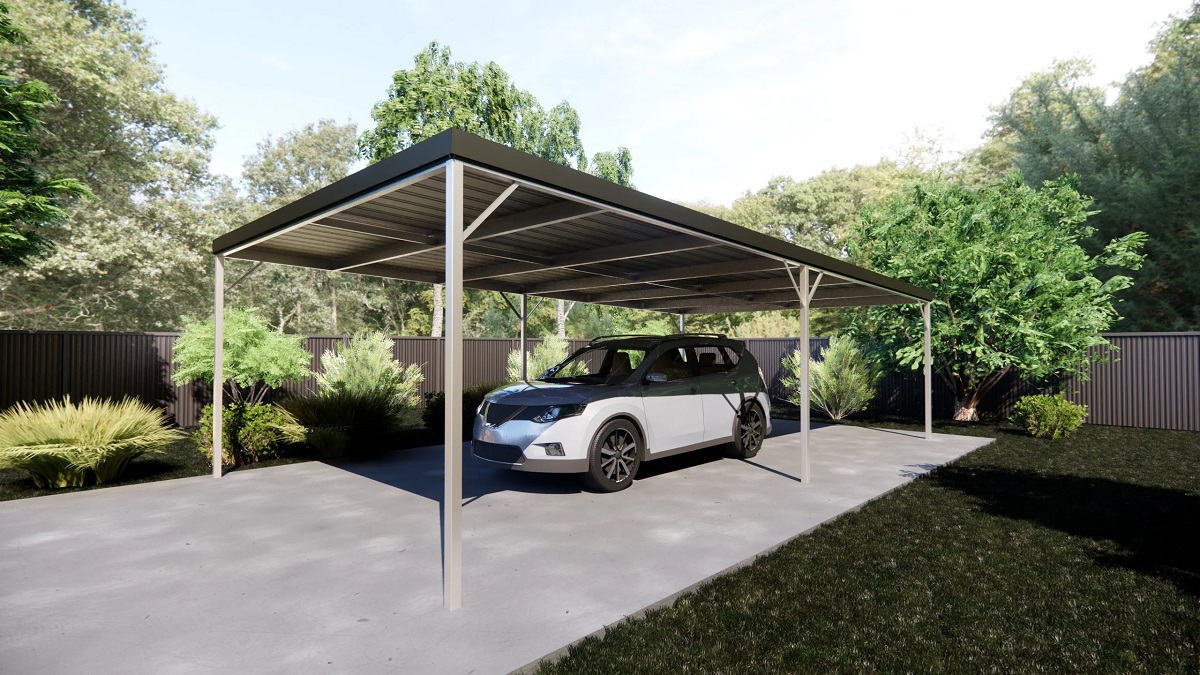

Articles
How Much To Build A Carport
Modified: September 1, 2024
Discover articles about how much it costs to build a carport, including information on materials, labor, and additional factors to consider.
(Many of the links in this article redirect to a specific reviewed product. Your purchase of these products through affiliate links helps to generate commission for Storables.com, at no extra cost. Learn more)
Introduction
Building a carport is a practical and affordable solution to protect your vehicles from the elements and add value to your property. Whether you need a shelter for your car, RV, boat, or other recreational vehicles, a carport can provide the necessary protection while also enhancing the aesthetic appeal of your home.
However, before embarking on the project, it’s important to understand the factors that can affect the cost of building a carport. From the type of carport you choose to the materials used, site preparation, and additional features, these factors can significantly impact the overall expense.
In this article, we will explore the various aspects that contribute to the cost of building a carport. We will examine different types of carports, discuss site preparation and foundation costs, delve into materials and construction costs, and address any additional features or upgrades that can add to the overall expenditure. Additionally, we will explore permitting and regulations considerations, as well as the pros and cons of hiring professionals versus undertaking the construction yourself.
Lastly, we will provide some valuable tips for saving money on building a carport without compromising on quality or functionality.
By the end of this article, you will have a comprehensive understanding of the factors influencing the cost of building a carport, as well as practical insights to help you make informed decisions and maximize your investment.
Key Takeaways:
- Factors such as size, type, materials, and location significantly impact the cost of building a carport. Understanding these elements is crucial for accurate budgeting and informed decision-making.
- Considerations such as site preparation, materials, and additional features can influence the overall expense of a carport. By exploring cost-saving tips and navigating permits and regulations, you can maximize the value of your investment.
Factors Affecting the Cost of Building a Carport
Several factors play a crucial role in determining the cost of building a carport. By understanding these factors, you can better plan your budget and make informed decisions. Here are some key factors that influence the overall expense:
- Size: The size of the carport directly impacts the cost. A larger carport will require more materials and labor, resulting in higher costs. Consider the number of vehicles you need to accommodate and any extra storage space you desire when determining the size.
- Type of Carport: There are different types of carports available, including attached, freestanding, and lean-to carports. Attached carports are usually less expensive, as they utilize an existing structure for support. Freestanding and lean-to carports may require additional material and labor to construct.
- Materials: The choice of materials used for the carport can significantly affect the cost. Common materials include wood, metal, and vinyl. Wood carports tend to be more expensive due to material and labor costs. Metal carports are more affordable, while vinyl carports offer durability but come with a higher price tag.
- Roofing: The type of roofing material you choose can impact the cost. Common options include metal roofing, asphalt shingles, and polycarbonate panels. Metal roofing tends to be more durable but may increase the overall expense.
- Site Preparation: The condition of the site where the carport will be built can affect the cost. Factors such as ground leveling, removing obstacles, and preparing a solid foundation can add to the overall expense.
- Location: The cost of building a carport can also vary depending on your geographical location. Some areas may require permits or have specific building codes and regulations that you need to adhere to, which can impact the overall cost.
It’s important to consider these factors when planning your carport construction to ensure that you have an accurate estimate of the cost involved. By analyzing each of these elements, you can make informed decisions and prioritize your needs within your budget.
Types of Carports and Their Costs
When it comes to carports, there are several types to choose from, each with its own advantages and price points. Here are the most common types of carports and their associated costs:
- Attached Carports: An attached carport is connected to an existing structure, such as a house or garage. This type of carport is often the most cost-effective option since it utilizes the shared wall for support. The average cost for an attached carport can range from $1,500 to $5,000, depending on the size and materials used.
- Freestanding Carports: Freestanding carports are standalone structures that do not rely on any other building for support. These carports offer more flexibility in terms of placement and design. The cost for a freestanding carport typically starts at around $2,500 and can go up to $10,000 or more, depending on the size and materials chosen.
- Lean-To Carports: A lean-to carport is built against an existing structure, such as a wall or fence. This type of carport is typically less expensive since it requires fewer materials and labor. The cost for a lean-to carport can range from $900 to $3,000, depending on the size and materials selected.
- Cantilever Carports: Cantilever carports feature support posts on one side only, allowing for more open and accessible space underneath. These carports are often seen in commercial settings but can also be used for residential purposes. The cost for a cantilever carport starts at around $4,000 and can increase depending on the size and materials used.
It’s important to note that these price ranges are estimates and can vary depending on several factors, including the size, materials, location, and additional features. Customization options such as decorative trim, special roofing materials, and extra storage areas can also increase the overall cost of the carport.
Before deciding on the type of carport, consider your specific needs, budget, and any local regulations. It’s also advisable to obtain multiple quotes from reputable contractors to ensure you are getting the best value for your investment.
Site Preparation and Foundation Costs
Before constructing a carport, proper site preparation and a solid foundation are essential for ensuring stability, longevity, and safety. Here are some factors to consider regarding site preparation and associated costs:
- Clearing and Leveling: If the site is not already clear and level, you may need to allocate funds for clearing any vegetation or debris and leveling the ground. The cost for this can range from $500 to $2,000, depending on the size and complexity of the site.
- Excavation: In some cases, excavation may be necessary to remove excess soil or create a level surface for the foundation. Excavation costs can vary widely depending on the size and depth required, with an average range of $1,000 to $4,000.
- Foundation: The type of foundation you choose will impact the cost. Common options include concrete slabs, concrete footings, or piers. The cost of a concrete slab foundation can range from $4 to $8 per square foot, plus additional costs for excavation and any required reinforcements.
- Perimeter Drainage: Depending on the site’s slope and drainage requirements, you may need to install perimeter drainage to prevent any water accumulation around the carport. The cost for perimeter drainage installation can range from $500 to $2,000, depending on the complexity and length of the drainage system.
It’s important to consult with a professional contractor or engineer to assess the site and determine the specific site preparation and foundation requirements. They will provide you with accurate cost estimates and ensure that the site is appropriately prepared for your carport construction.
Keep in mind that the costs mentioned above are general estimates and can vary depending on factors such as location, site conditions, and specific project requirements. It’s advisable to obtain multiple quotes and compare them to make an informed decision that aligns with your budget and needs.
Materials and Construction Costs
The materials used and the construction process are significant factors that contribute to the overall cost of building a carport. Here are some considerations regarding materials and construction costs:
- Framework: The framework of a carport is typically made of either wood or metal. Wood is often more expensive, ranging from $10 to $30 per square foot, depending on the type and quality of the wood. Metal carports, on the other hand, are generally more affordable, with prices ranging from $6 to $15 per square foot for materials.
- Roofing: The type of roofing material chosen for the carport will affect the cost. Common options include metal panels, asphalt shingles, and polycarbonate panels. Metal panels, which are durable and long-lasting, typically cost between $2 and $5 per square foot, while asphalt shingles range from $1.50 to $5 per square foot. Polycarbonate panels are transparent and provide natural light but can be more expensive, costing around $4 to $8 per square foot.
- Siding and Walls: If you opt for enclosed sides or walls on your carport, the cost will increase. The choice of siding material, such as wood, metal, or vinyl, will affect the overall expense. Wood siding is typically the most expensive option, followed by vinyl and metal. The cost for siding materials can range from $3 to $10 per square foot, depending on the type.
- Doors and Windows: Adding doors and windows to the carport can provide enhanced functionality and aesthetics. The cost of doors will depend on the type and quality, ranging from $200 to $1,500 per unit. Windows can cost anywhere from $200 to $800, depending on the style and size.
In terms of construction costs, labor expenses can vary depending on factors such as location, complexity of the project, and contractor rates. On average, labor costs can account for 30% to 50% of the total project cost. It’s essential to obtain multiple quotes from reputable contractors to ensure you are getting a fair price for the construction work.
Keep in mind that these cost estimates are general guidelines and can vary based on several factors, including the size, design complexity, and specific materials chosen. It’s advisable to conduct thorough research, consult with professionals, and obtain detailed quotes to accurately assess the materials and construction costs for your carport project.
When budgeting for a carport, consider factors such as size, materials, and labor costs. Research local building codes and obtain multiple quotes from contractors to ensure an accurate estimate.
Read more: How To Build A Lean To Carport
Additional Features and Upgrades
When building a carport, there are various additional features and upgrades that you can consider to enhance functionality, aesthetics, and convenience. However, it’s important to note that these additions can increase the overall cost of the project. Here are some popular features to consider:
- Storage Space: If you need extra storage for tools, equipment, or other items, you can incorporate storage spaces into your carport design. This can be in the form of built-in shelves, cabinets, or loft storage. The cost will depend on the size and complexity of the storage area.
- Lighting: Installing lighting fixtures in and around the carport can improve visibility and safety, particularly during nighttime. Options include overhead lights, motion-sensor lights, or solar-powered lights. Costs for lighting fixtures can range from $50 to $300, depending on the type and quality.
- Gutters and Downspouts: Adding gutters and downspouts to your carport can help channel rainwater away from the structure and foundation, preventing water damage. The cost for gutter installation can range from $5 to $10 per linear foot, depending on the material and complexity.
- Electrical Outlets: Incorporating electrical outlets in your carport can be useful for charging electric vehicles, powering tools, or plugging in other devices. The cost will depend on the number of outlets and the complexity of the electrical work involved.
- Ventilation: Proper ventilation is essential to prevent moisture buildup and maintain air circulation within the carport. Ventilation options can include windows, vents, or exhaust fans. The cost will depend on the specific ventilation solution and the size of the carport.
These additional features and upgrades can add convenience, functionality, and value to your carport. However, it’s important to carefully consider your needs and budget before incorporating them into your project. Prioritize the features that are most important to you and consult with professionals to get accurate cost estimates.
Remember to factor in the cost of materials, labor, and any necessary permits or inspections when budgeting for these additional features. By doing so, you can create a customized carport that meets your specific requirements while ensuring a reasonable overall cost.
Permits and Regulations
Before starting any carport construction project, it’s crucial to understand the permits and regulations that may apply to your area. Building codes and regulations can vary depending on your location, so it’s essential to research and comply with the local requirements. Here are some key considerations regarding permits and regulations:
- Building Permits: In many jurisdictions, a building permit is required for carport construction. This permit ensures that the structure complies with safety standards and zoning regulations. The cost of a building permit can vary significantly depending on the location and the value of the project. It’s important to contact your local building department to obtain the necessary permits and pay any associated fees.
- Zoning Regulations: Zoning regulations dictate where and how structures can be built on a property. These regulations often specify setbacks, which determine the distance between the carport and property lines or other structures. It’s important to review the zoning regulations and ensure that your proposed carport design complies with these requirements.
- Homeowners Association (HOA) Guidelines: If you live in a community with a homeowners association, there may be additional guidelines and architectural controls that govern the construction of carports. It’s important to review the HOA guidelines and obtain any necessary approvals before starting the project.
- Environmental Considerations: Depending on your location, there may be environmental regulations to consider when constructing a carport. For example, in areas prone to high winds or hurricanes, there may be specific building codes and requirements for wind-resistant structures. It’s important to understand and comply with these regulations to ensure the safety and durability of your carport.
It’s advisable to consult with a professional contractor or architect who is familiar with local regulations to ensure that your carport project meets all necessary requirements. They can help you navigate the permit application process, assist in design compliance, and ensure that your project is completed in accordance with local regulations.
Failure to obtain the required permits or comply with regulations can result in costly fines, delays, and potential legal issues. By doing your due diligence and following the proper procedures, you can avoid unnecessary complications and ensure a smooth and compliant carport construction process.
Hiring Professionals vs. DIY Carport Construction
When considering building a carport, one of the fundamental decisions to make is whether to hire professionals or undertake the construction as a DIY project. Each option has its own advantages and considerations. Here are some factors to consider when deciding between hiring professionals or pursuing a DIY carport construction:
- Expertise and Experience: Hiring professionals ensures that you have access to their expertise and experience in carport construction. They have the knowledge and skills to plan and execute the project efficiently, ensuring structural integrity and adherence to building codes. DIY construction, on the other hand, requires a certain level of knowledge and experience in construction techniques, safety protocols, and permit requirements.
- Time and Convenience: Hiring professionals can save you significant time and effort. They will handle all aspects of the project, including obtaining permits, site preparation, construction, and clean-up. This allows you to focus on other priorities in your life. DIY construction, however, requires a considerable time commitment, as you need to research, plan, and dedicate time to execute every step of the process.
- Cost: Cost is a major consideration for many homeowners. Hiring professionals generally involves higher upfront costs, as you are paying for their expertise, labor, and materials markup. However, they may have access to bulk purchasing discounts and can potentially complete the construction more quickly, reducing overall labor costs. DIY construction may seem more cost-effective initially, but you should consider the potential for mistakes, rework, and the need to purchase or rent specialized tools.
- Quality and Guarantees: Hiring professionals often comes with the assurance of quality craftsmanship and guarantees. They typically have access to higher-quality materials and the expertise to create a structurally sound and aesthetically pleasing carport. Additionally, professionals may provide warranties or guarantees on their work, protecting you from unforeseen issues. DIY construction may result in variations in quality, and you assume responsibility for any errors or deficiencies in the construction.
Ultimately, the decision between hiring professionals or pursuing a DIY carport construction depends on your skills, knowledge, available time, and budget. It’s crucial to honestly assess your abilities and consider the complexity of the project before making a decision.
If you decide to hire professionals, be sure to research and select reputable contractors or builders with relevant experience in carport construction. Obtain multiple quotes, review past projects, and check references to ensure their competence and reliability.
On the other hand, if you choose the DIY route, thoroughly educate yourself on the necessary construction techniques, safety guidelines, and local regulations. Take the time to plan the project meticulously and consult with professionals when needed.
Whether you hire professionals or pursue DIY construction, always prioritize safety, obtain necessary permits, and follow local building codes to ensure a successful and compliant carport construction.
Tips for Saving Money on Building a Carport
Building a carport is a significant investment, but there are ways to save money without compromising on quality and functionality. Here are some helpful tips to help you reduce costs when constructing a carport:
- Plan and Budget: Before starting the project, create a detailed plan and budget. This will help you prioritize your needs, identify potential cost-saving opportunities, and avoid unnecessary expenses. Stick to your budget throughout the construction process to ensure you stay within your financial limits.
- Compare Quotes: Obtain multiple quotes from reputable contractors or suppliers. Compare the prices, materials, and services they offer to ensure you are getting the best value for your money. Don’t hesitate to negotiate and ask for discounts or package deals.
- DIY Where Possible: Consider undertaking certain aspects of the construction yourself if you have the necessary skills and knowledge. This can include site preparation, basic framing, or painting. However, be cautious and avoid taking on tasks that require professional expertise, such as electrical or plumbing work.
- Choose Cost-Effective Materials: Opt for materials that are durable and cost-effective. For example, metal carports are typically more affordable than wood. Compare prices and quality of materials to find the best balance between cost and longevity.
- Simplify the Design: Keep the design of your carport simple and avoid unnecessary embellishments or complex architectural features. This can help reduce labor and material costs without compromising functionality.
- Utilize Recycled or Repurposed Materials: Consider using recycled or repurposed materials when possible. This can include reclaimed wood, salvaged metal, or repurposed building materials. Not only can this be more cost-effective, but it also helps reduce waste and promotes sustainability.
- Consider Prefabricated Carport Kits: Prefabricated carport kits can be a cost-effective option, as they come with pre-cut materials and detailed instructions. These kits are designed for easy assembly, reducing labor costs. However, ensure that the kit meets your specific requirements and complies with local building codes.
- Time Your Project: Consider starting the construction during offseasons or slower periods for contractors. This can potentially lead to lower labor costs, as contractors may offer discounted rates to secure projects during quieter times of the year.
- Minimize Site Preparation: Choose a site that requires minimal preparation and grading. Clear any vegetation or debris yourself to save on labor costs. Additionally, selecting a site that is naturally level can help reduce the need for extensive foundation work.
- Maintain a Clean and Organized Site: Throughout the construction process, keep the site clean, organized, and free of unnecessary clutter. This helps improve efficiency, reduces the risk of accidents, and saves time and money on cleanup.
Remember that while it’s important to save money, compromising on quality or safety is never advisable. Always adhere to local building codes and regulations, obtain necessary permits, and ensure the structural integrity of your carport.
By implementing these cost-saving tips, you can ensure that your carport project is not only affordable but also meets your desired specifications and provides long-lasting value.
Read more: How To Build A Wood Carport
Conclusion
Building a carport is a practical and cost-effective solution for protecting your vehicles and adding value to your property. However, it’s important to consider the various factors that can affect the cost of construction and make informed decisions throughout the process.
Factors such as the type of carport, materials used, site preparation, and additional features all contribute to the overall expense. By carefully planning and budgeting, comparing quotes, utilizing cost-effective materials, and exploring DIY options where applicable, you can save money without compromising on quality.
Additionally, it’s essential to navigate the necessary permits and regulations, ensuring compliance with building codes and zoning requirements. Hiring professionals or undertaking a DIY approach comes with its own considerations, including expertise, time commitment, and budgetary implications.
By following these tips and being mindful of cost-saving opportunities, you can maximize the value of your investment and create a functional and aesthetically pleasing carport.
Remember, always prioritize safety and quality, obtain necessary permits, and consult with professionals when needed. With proper planning and execution, your carport will provide long-term protection and enhance the functionality of your property for years to come.
Ready to tackle your next project? If you're feeling inspired by your carport possibilities, consider exploring how to construct one using timber. Our guide on how to construct a carport using timber offers step-by-step advice, ensuring you build something both sturdy and stylish. Alternatively, if you prefer a quicker setup, check out our review on top picks for metal carport kits, which highlights the top picks for metal carport kits available in 2024. Each option provides valuable tips to streamline your construction process, whether you're a seasoned builder or a first-timer.
Frequently Asked Questions about How Much To Build A Carport
Was this page helpful?
At Storables.com, we guarantee accurate and reliable information. Our content, validated by Expert Board Contributors, is crafted following stringent Editorial Policies. We're committed to providing you with well-researched, expert-backed insights for all your informational needs.
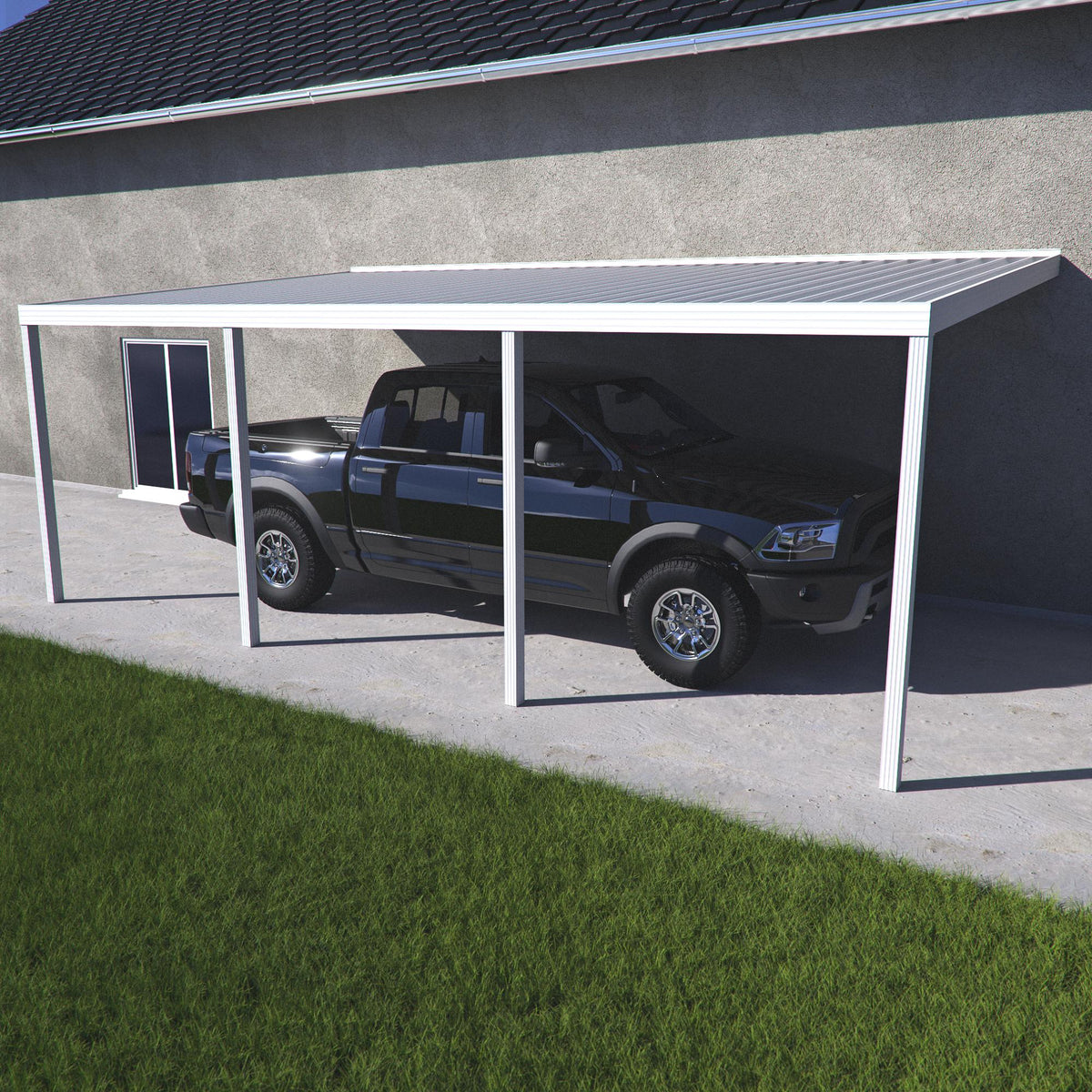
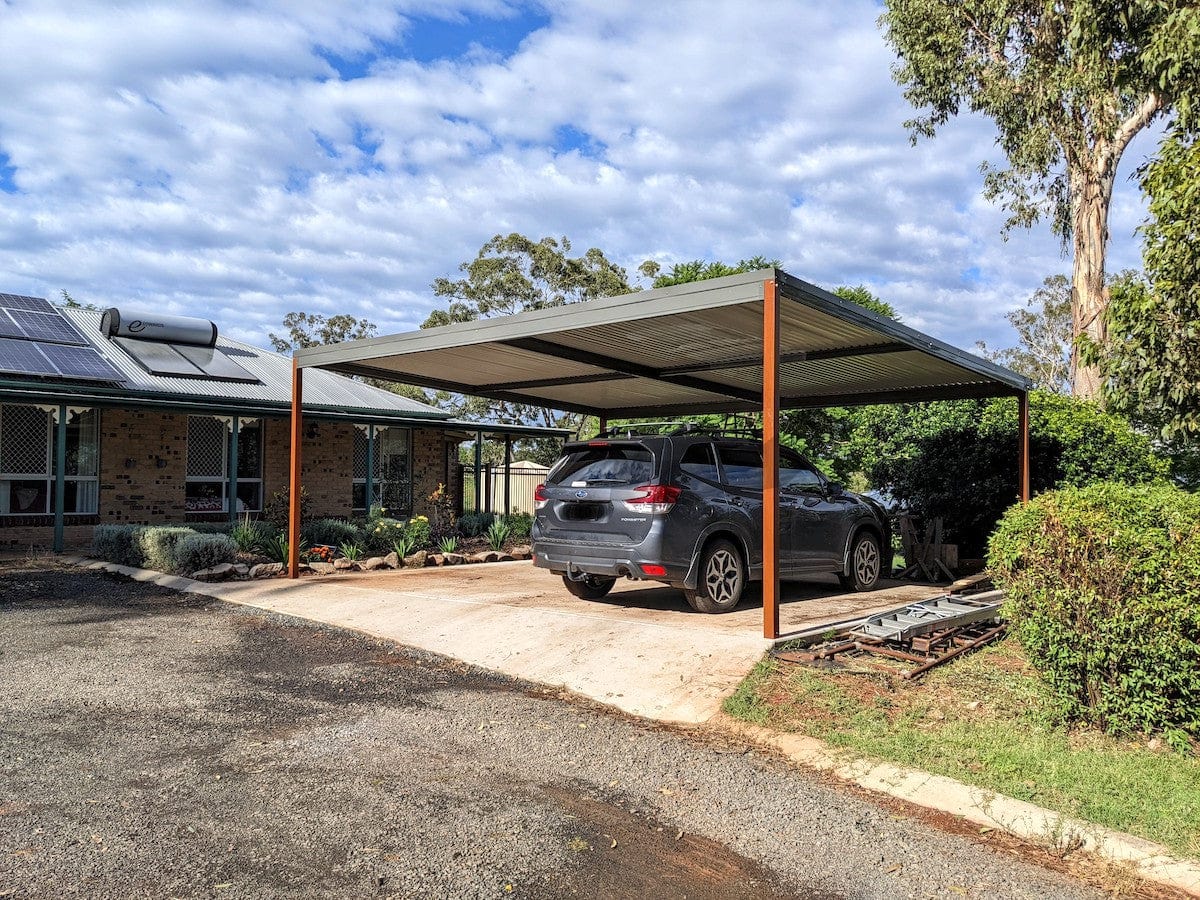
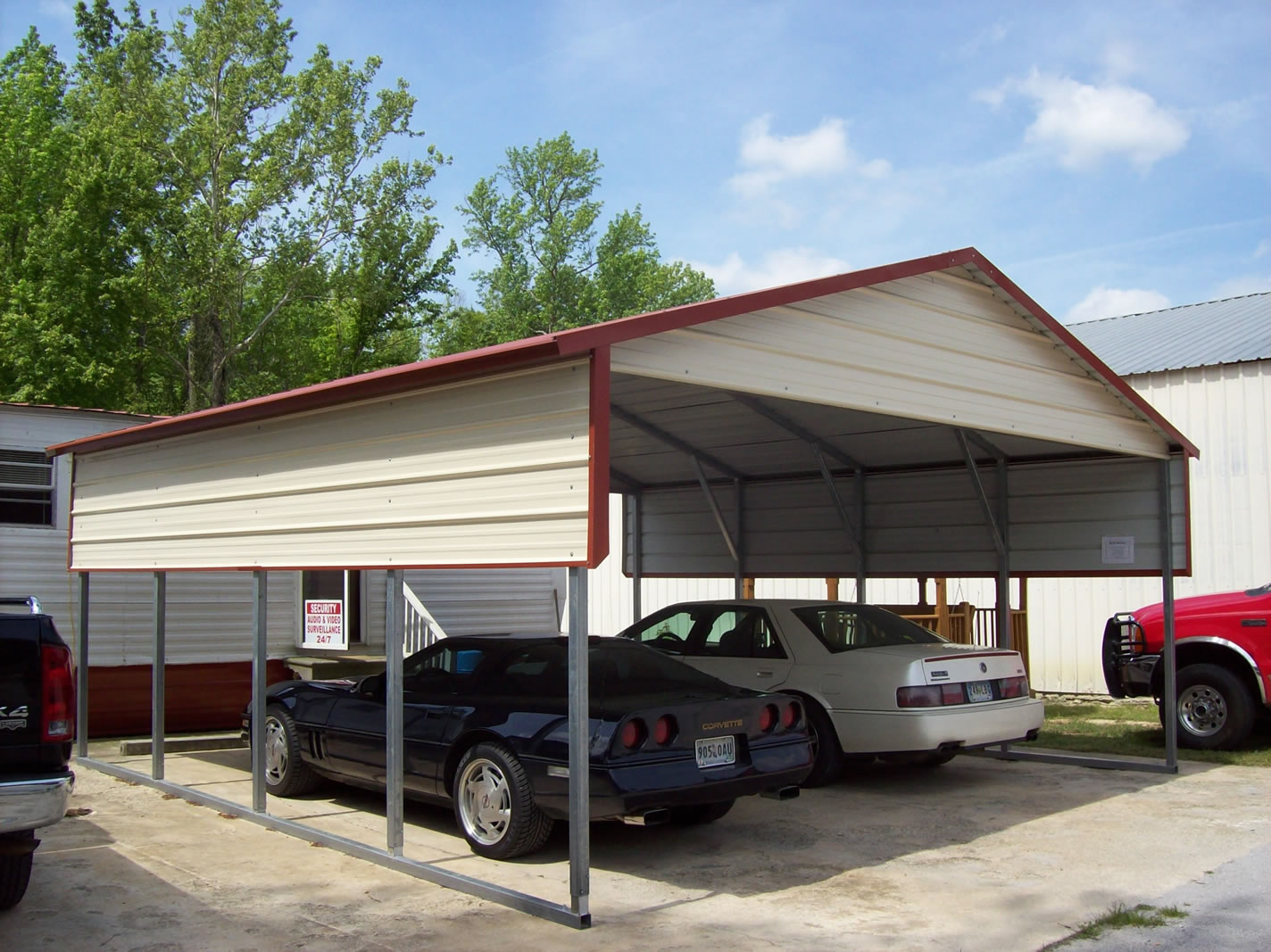
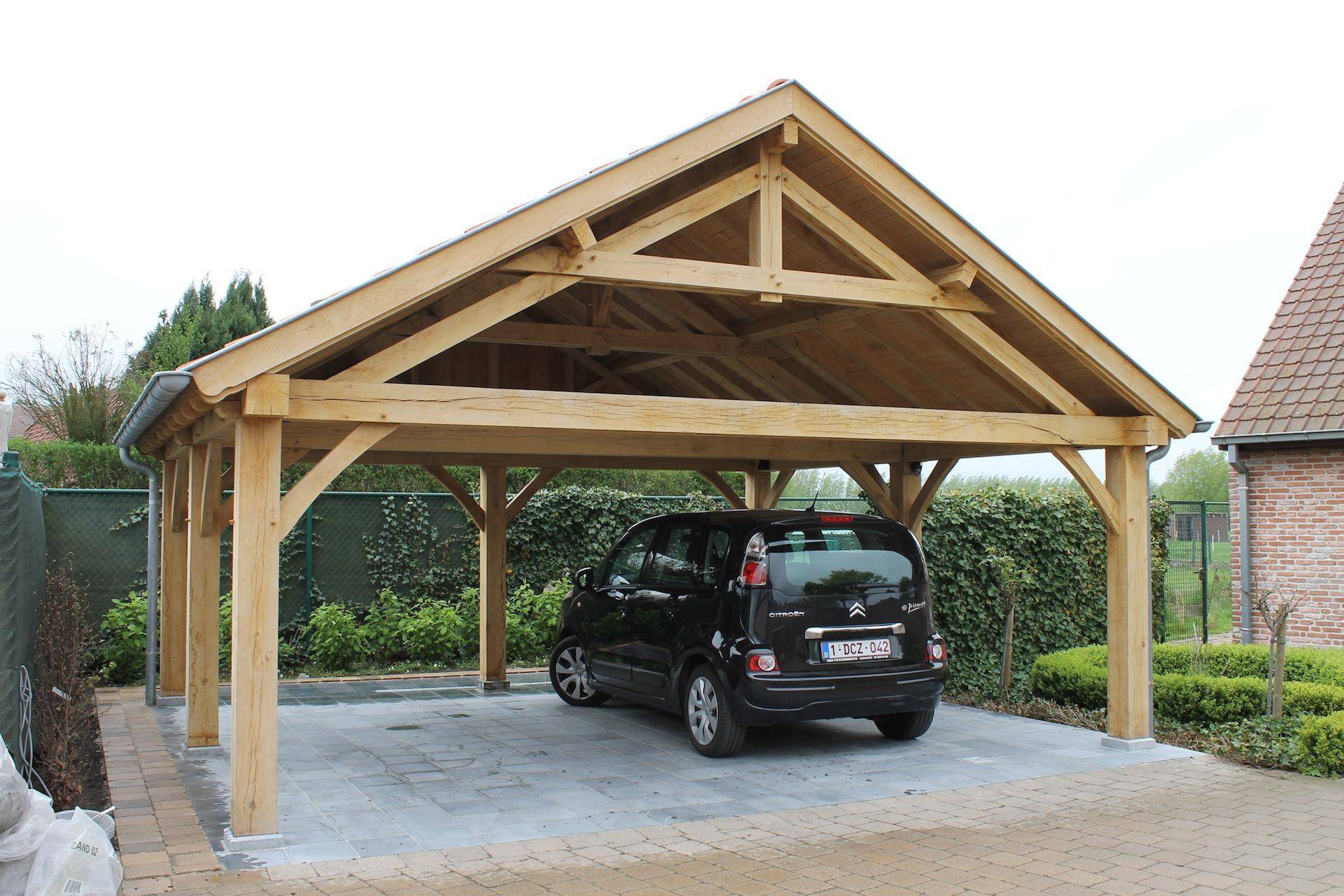
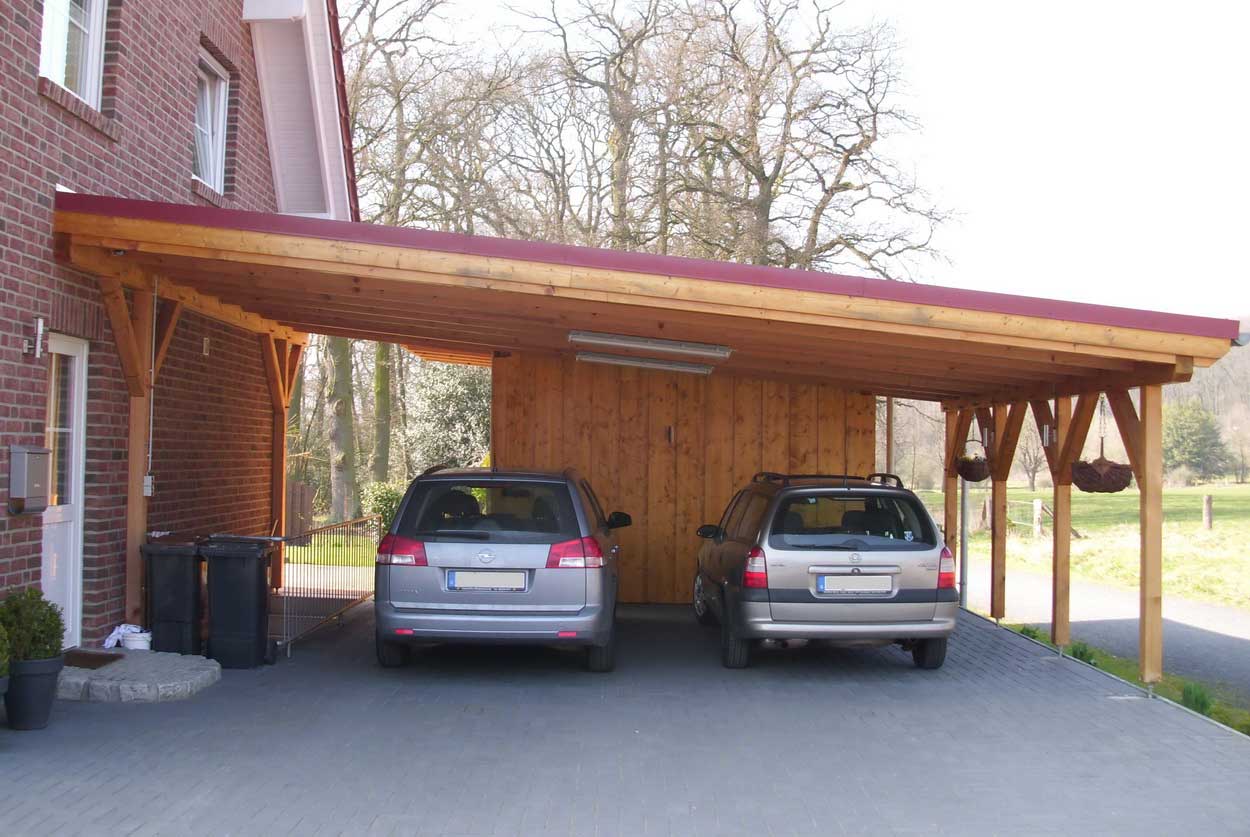
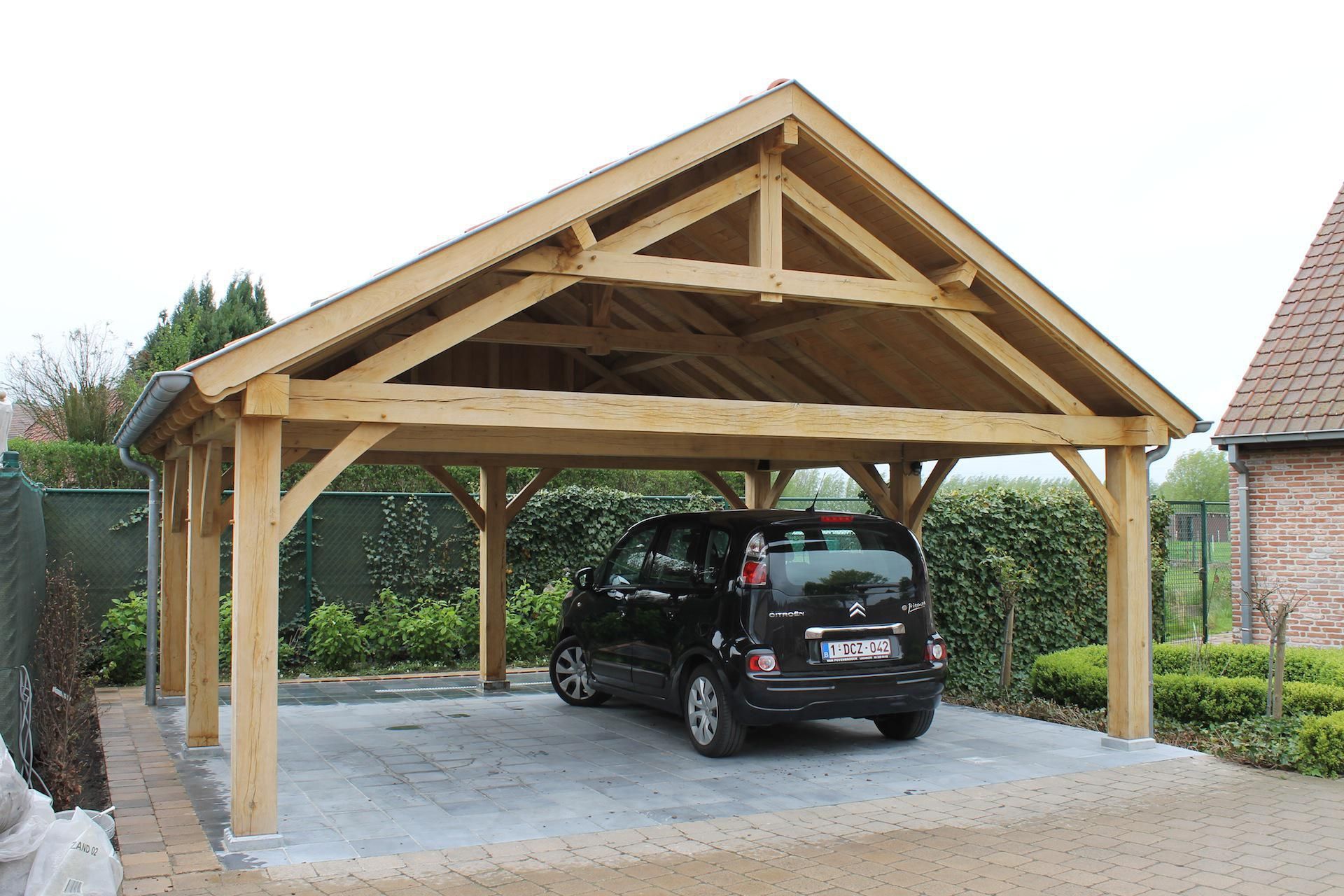
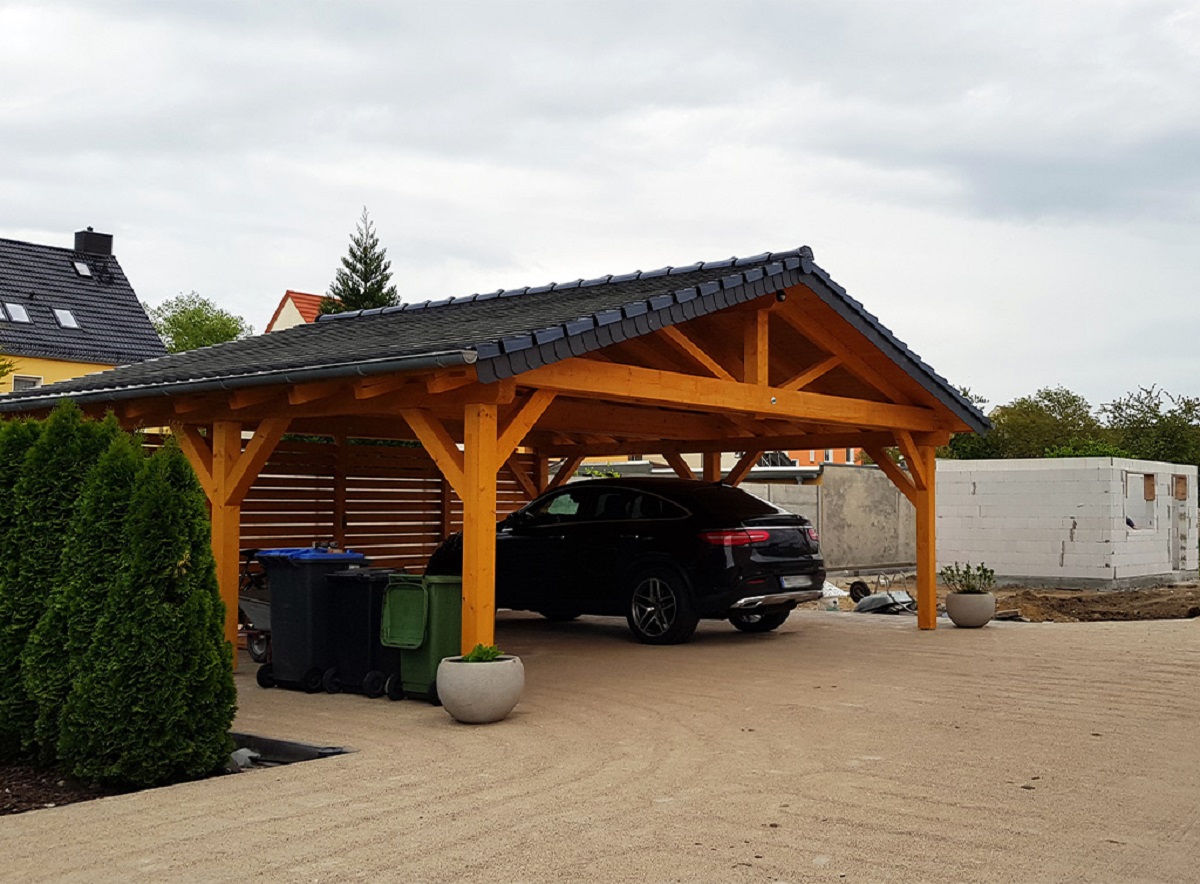
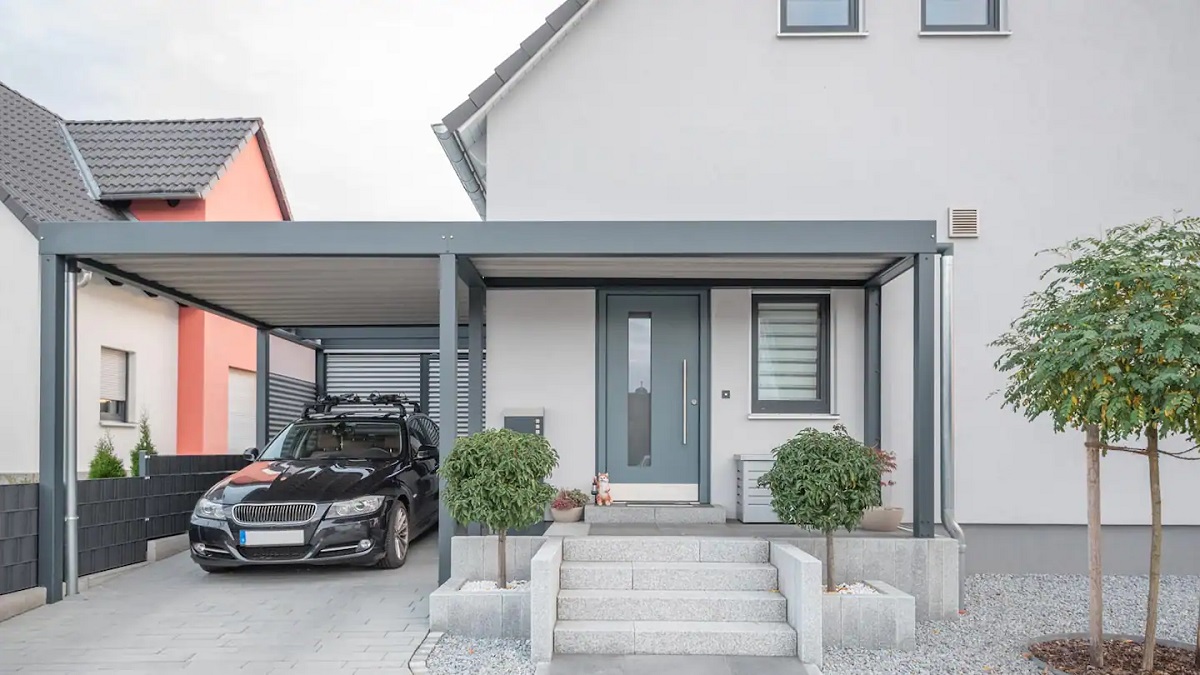
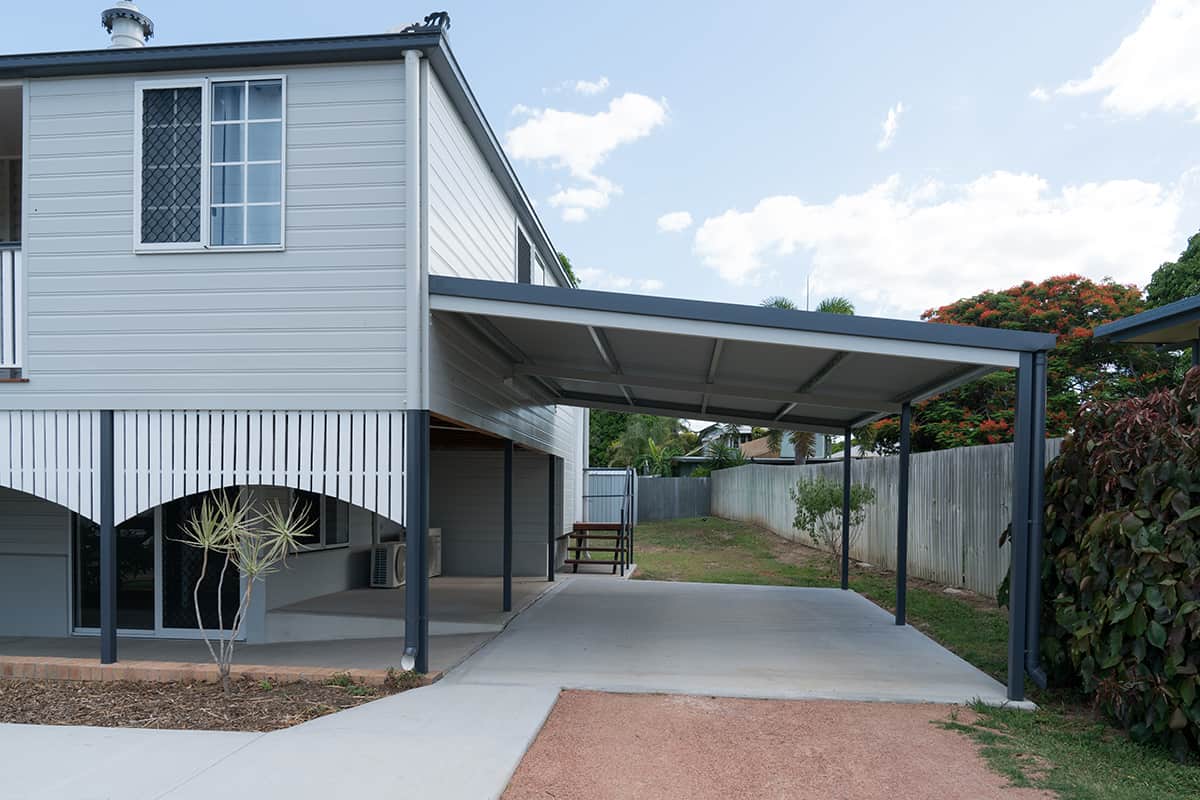
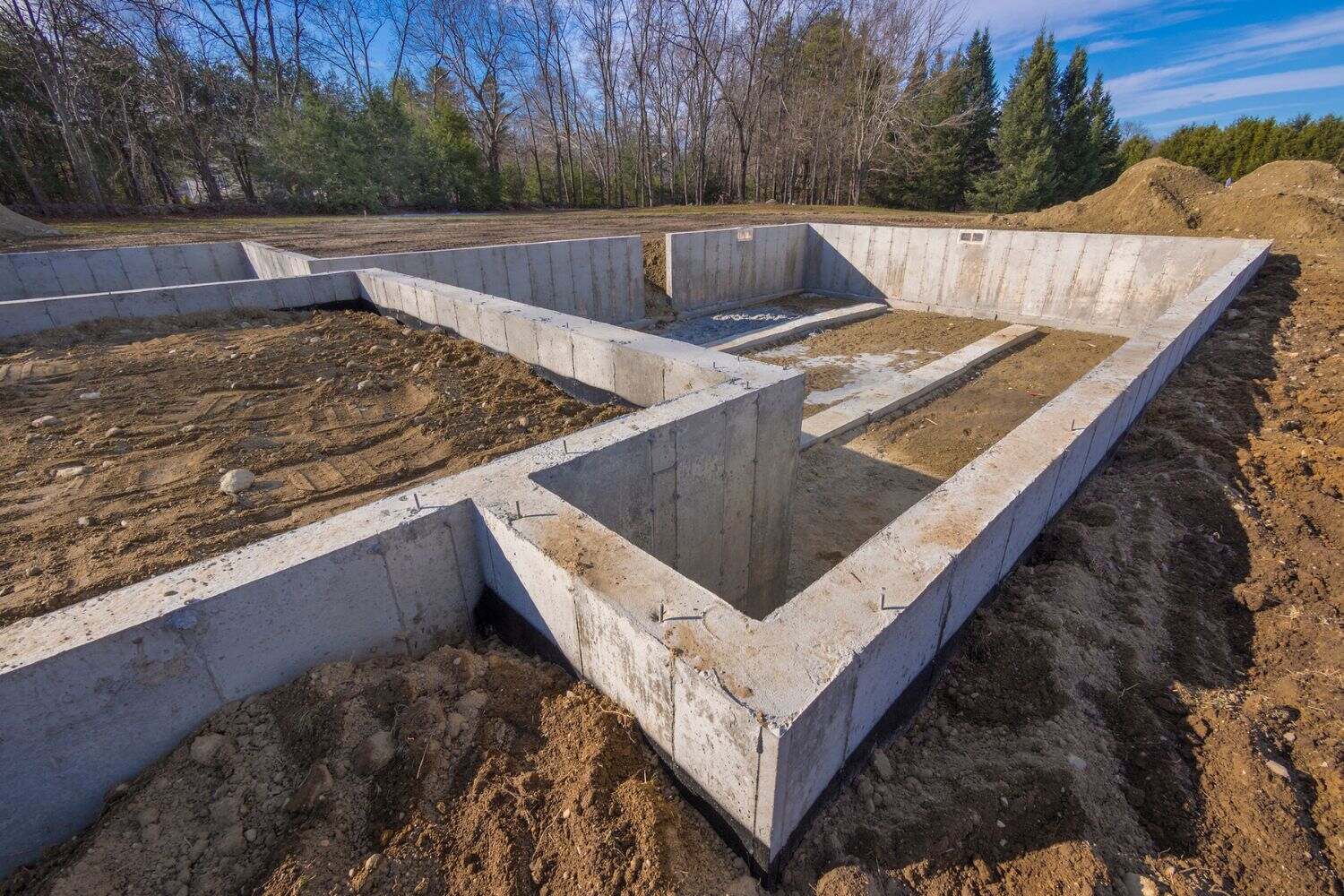
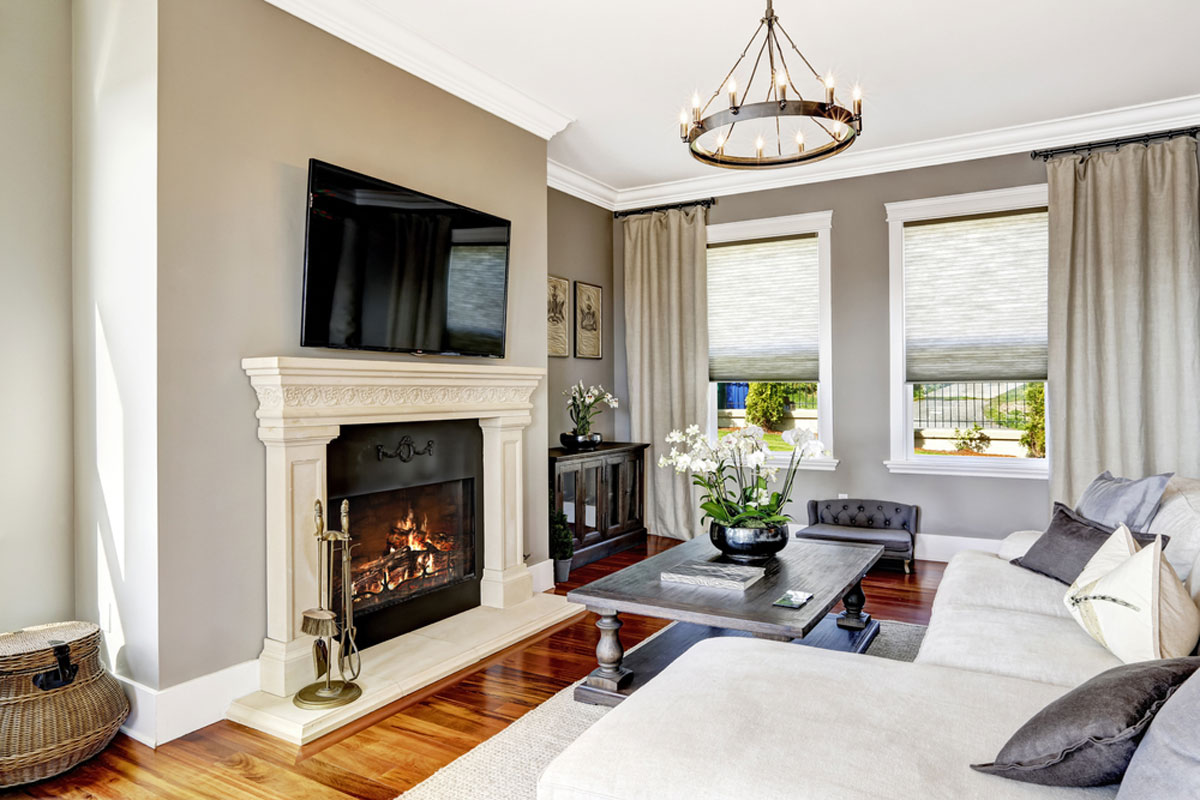
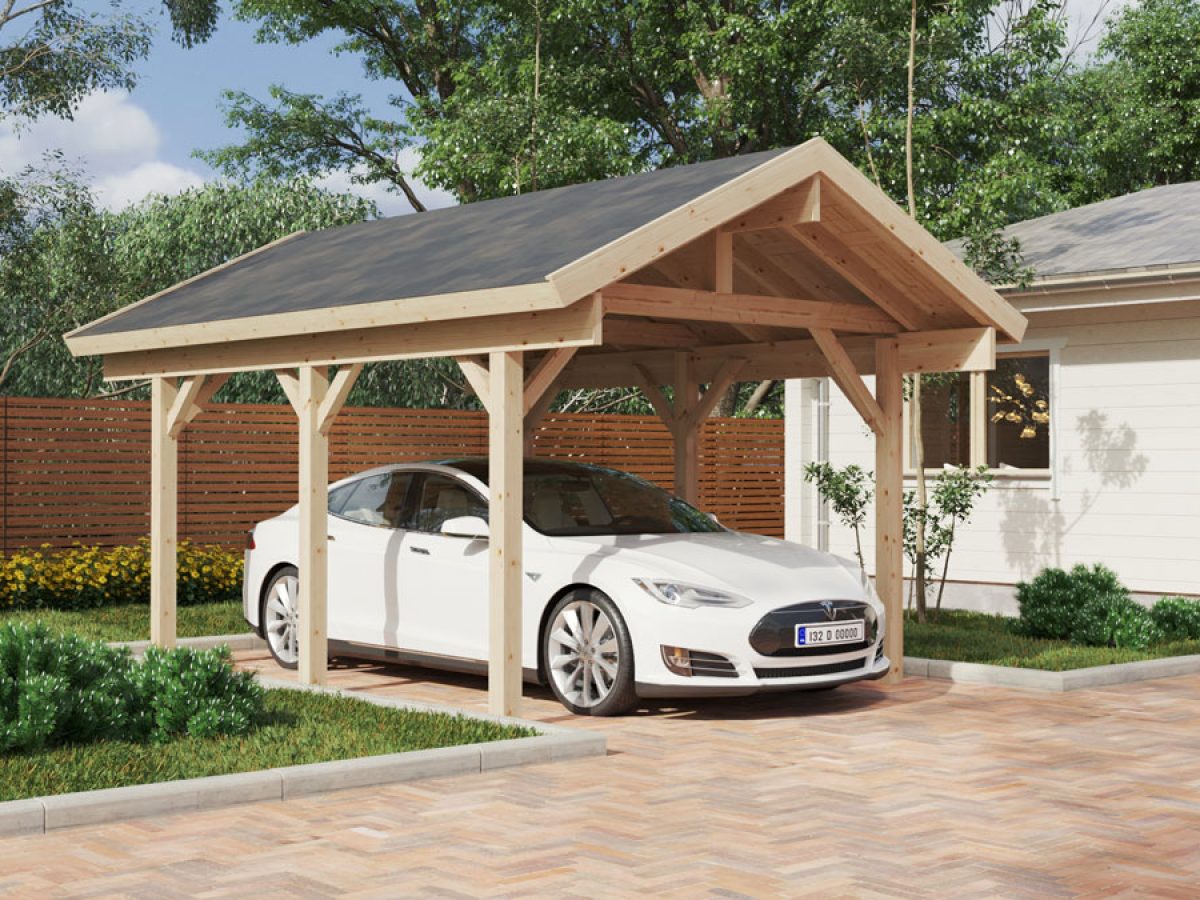
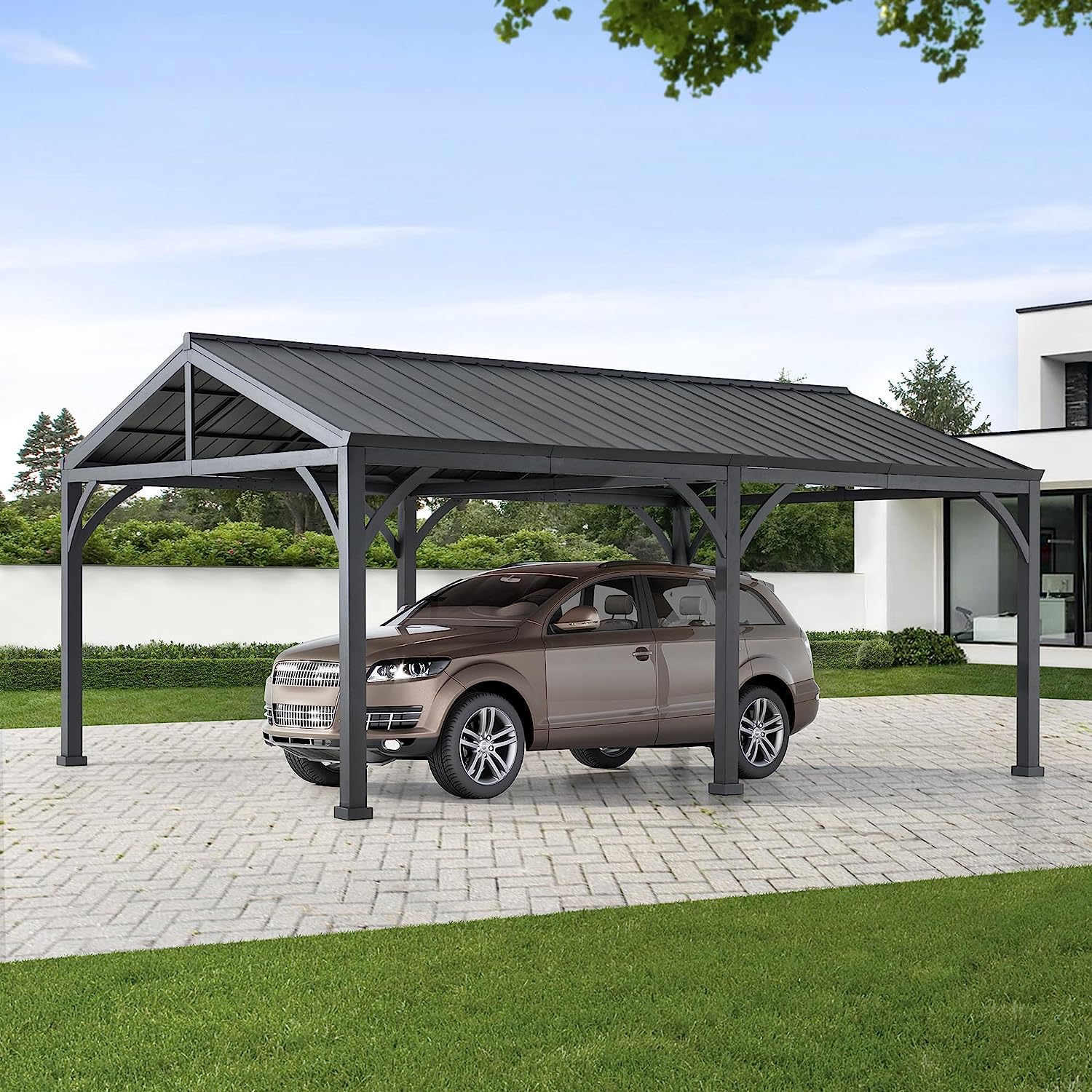

0 thoughts on “How Much To Build A Carport”